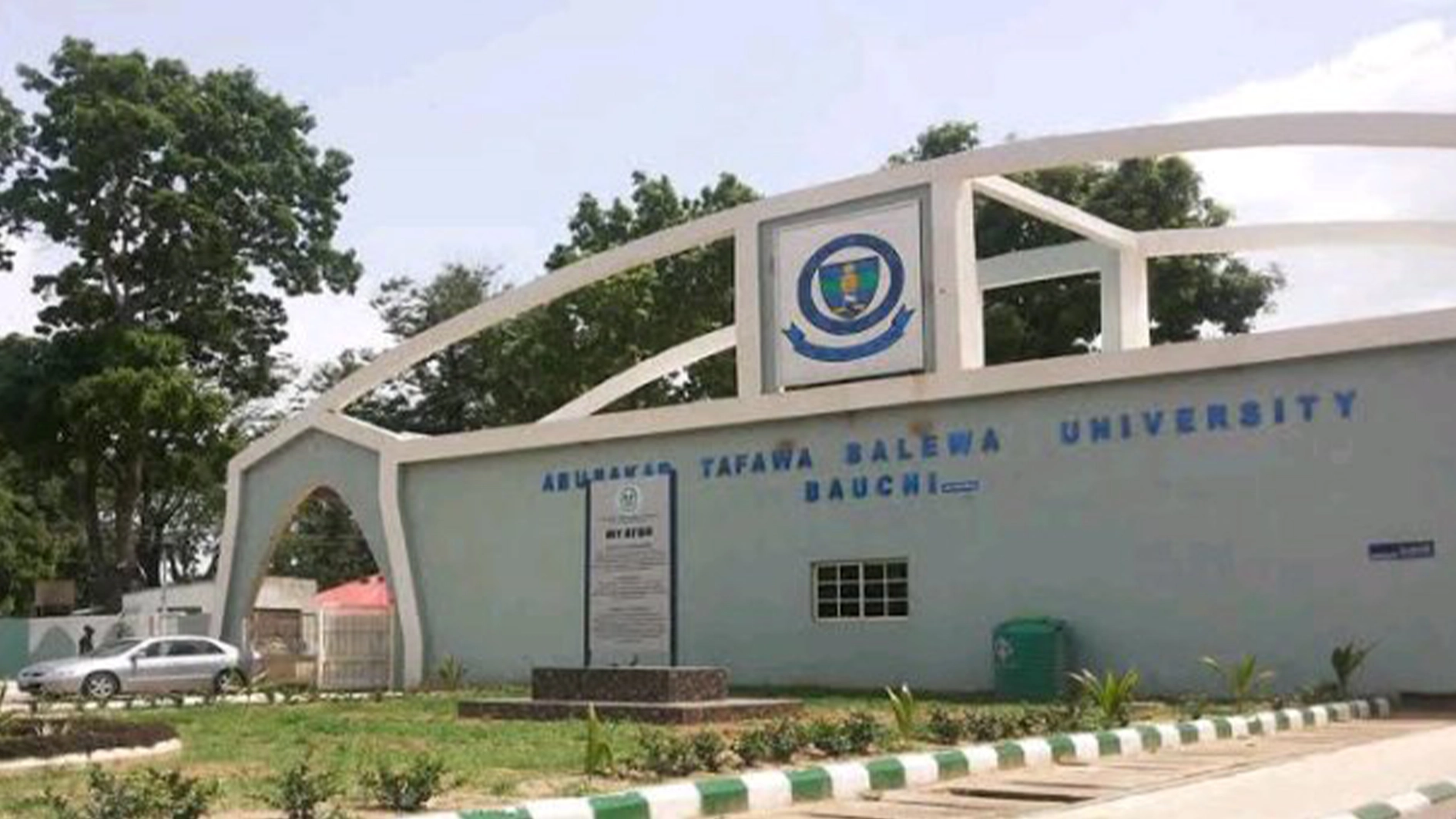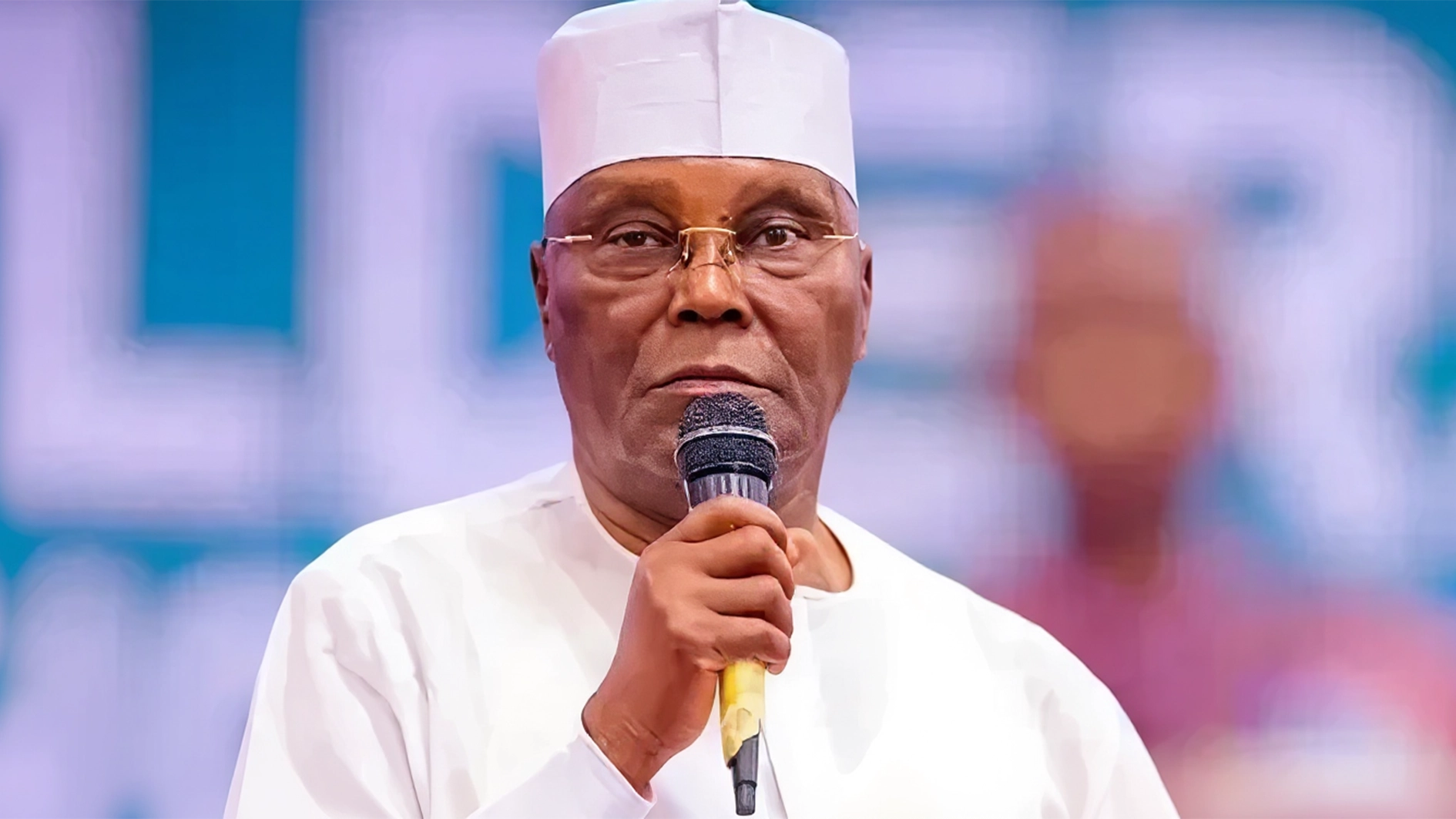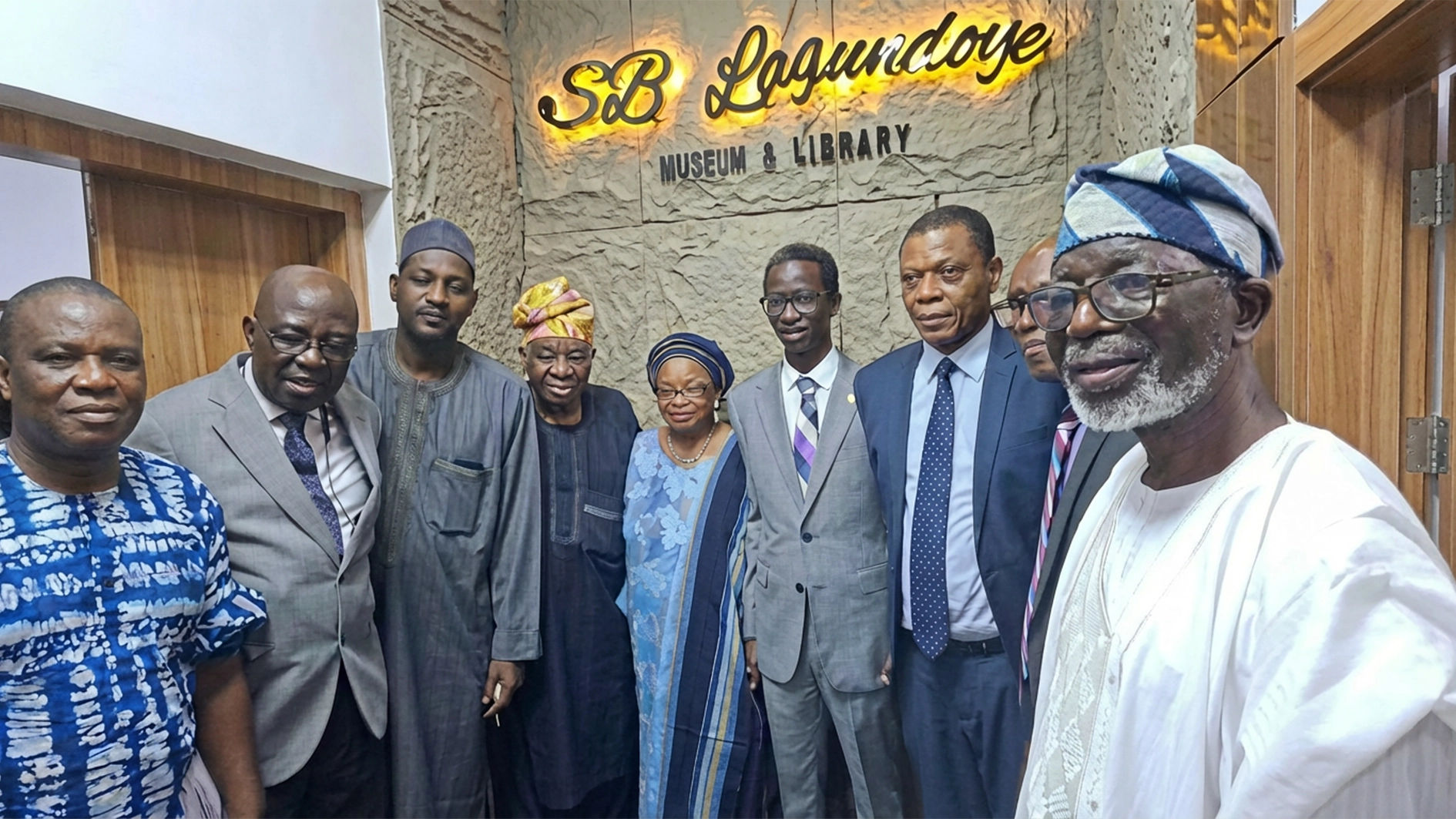The Academic Staff Union of Universities (ASUU) has criticised recent vice-chancellor appointment processes in Nigerian universities, citing the case of Alvan Ikoku University of Education, Owerri, Imo State, as an example of what it described as political interference in academic governance.
In a statement signed by its president, Christopher Piwuna, ASUU said decisions by some governing councils at federal and state universities had undermined merit-based selection. “Universities that are built on merit and scholarship have been turned into commodities for politicians and contractors in the appointment of Vice Chancellors,” Piwuna said.
The union specifically opposed what it called an “attempt to bring back” the acting vice-chancellor of Alvan Ikoku University of Education, stating that “her promotion to the rank of a reader and professor was fraught with a lot of contradictions.” ASUU added that similar cases were unfolding in other federal universities.
The statement also addressed broader concerns about the condition of public universities, noting that academic staff were teaching and researching under poor conditions. It said lecturers were “teaching students on empty stomachs” and working in libraries and laboratories “bereft of essential electronic and physical journals, books, chemicals, and reagents.”
ASUU added that many academics faced financial strain, operating “in rickety cars while encumbered by utility bills, children’s fees, house rents, family upkeep, and a legion of other unmet responsibilities.” It criticised public commentary that blamed universities for “producing unemployable graduates” while overlooking the lack of resources and support for research and innovation.
The union reiterated its call for adherence to collective bargaining principles under International Labour Organisation conventions, stating that successive governments had failed to finalise the renegotiation of the 2009 FGN-ASUU agreement. It said the draft agreement submitted by the Alhaji Yayale Ahmed committee had been with the government since December 2024 without implementation.
ASUU linked recurring disputes since 2012 to what it described as the government’s failure to uphold agreements on conditions of service, funding, university autonomy, and academic freedom, as well as reviews of laws governing the National Universities Commission and the Joint Admissions and Matriculation Board.
The union urged the federal and state governments to address unresolved labour issues to avoid further industrial action, stating that “no memorandum or ‘discussion’ can take the place of a Collective Bargaining Agreement” that addresses staff welfare and the academic environment.






